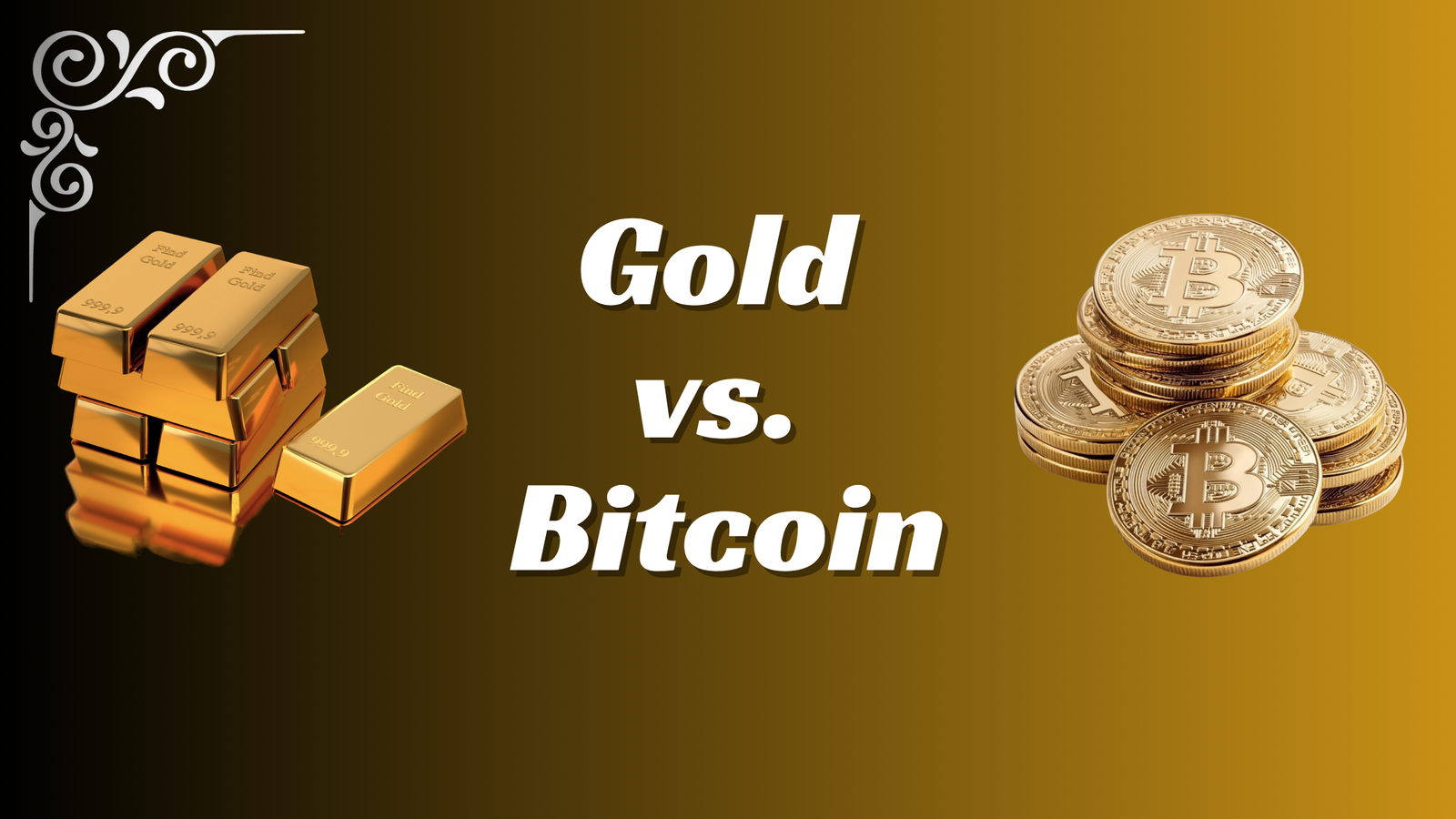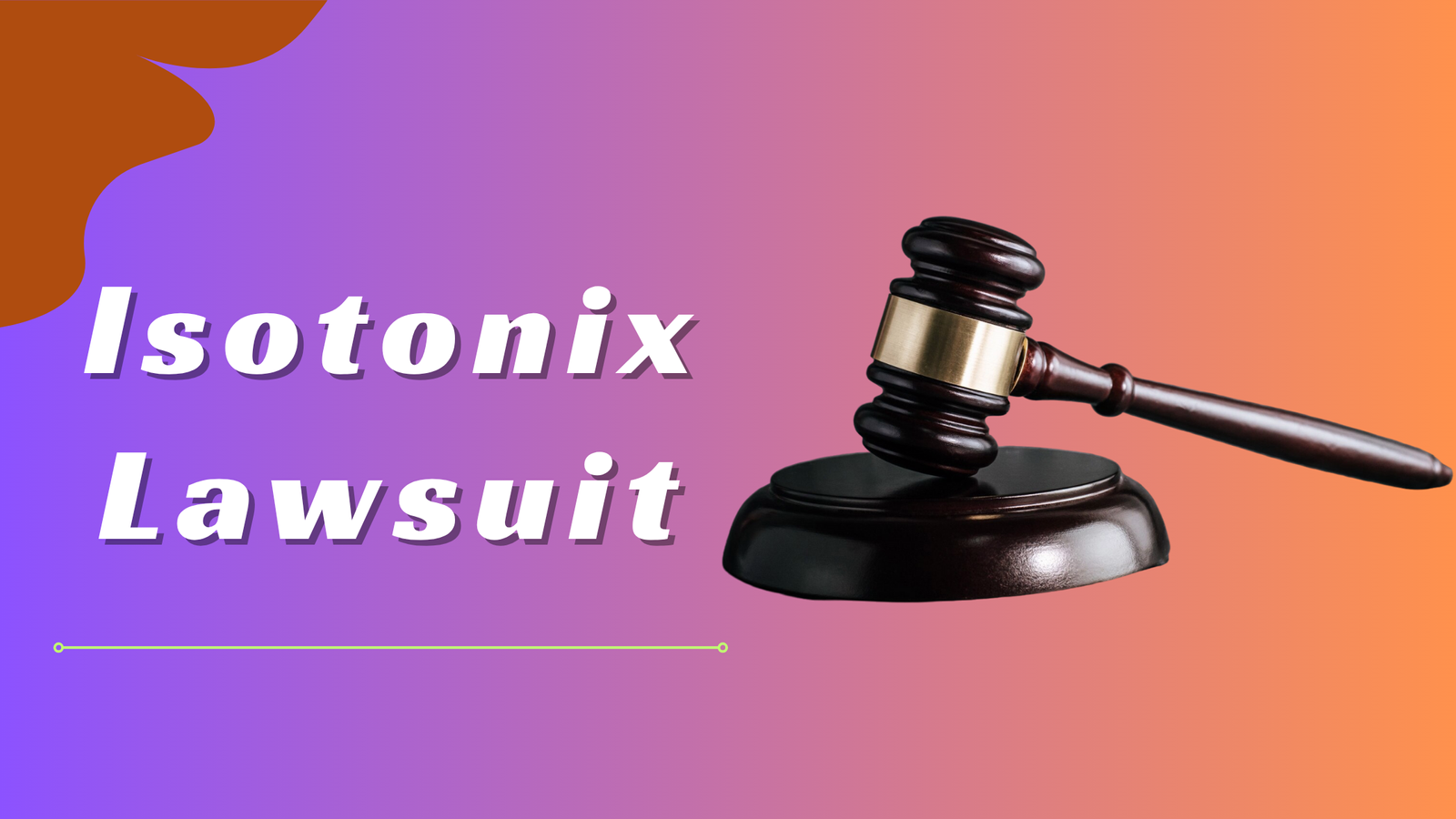
Gold vs. Bitcoin: The Final Conflict for Dormancy of Wealth
Gold vs. Bitcoin: The Final Conflict for Dormancy of Wealth
- Gold vs. Bitcoin: Gold has been a reliable source of wealth, but Bitcoin’s exponential expansion and collapses make it high-risk but high-reward.
- Gold vs. Bitcoin: While Bitcoin exists just online and provides flawless worldwide transfers based on technology, gold is a tangible item with universal recognition.
- Gold vs. Bitcoin: Gold offers protection against inflation and crises; Bitcoin offers possible exponential rewards, but with market and legal concerns.
For the past thousands of years, gold has been the clear champion of wealth preservation; both kings, governments, and investors value this eternal asset. Then comes Bitcoin, a digital rebel that first emerged in 2009 and upended the financial industry with its distributed, borderless, tech-driven value storage method. One of history against innovation, stability against volatility, and tangible wealth against digital domination is the argument of gold against Bitcoin.
The one that is most valuable overall? Let’s explore this interesting financial conflict of Gold vs. Bitcoin in detail.
Gold vs. Bitcoin: The Important References On Gold Against Bitcoin
- One can hold Gold in hand, which means it is a physical entity; Bitcoin is digital; one can hold the other in cyberspace.
- While Bitcoin is upsetting finance at an explosive pace, Gold has been a store of value for millennia. Bitcoin has the future.
- One is constant but takes patience; the other can skyrocket or crash overnight. Gold moves cautiously with consistency; Bitcoin surges with volatility and opportunity.
- Gold is constantly relevant, exquisite, and timeless, much as a classic symphony. Bitcoin is rapid, revolutionary, and erratic, much like an EDM song.
- While millions of blockchain technology believers drive Bitcoin, decades of faith surround gold.
- For the tech-savvy risk-taker, Bitcoin; for the conservative investor, gold.
What Is GOLD?
One of the most reliable assets in human history, gold has been stored of valued for more than 5,000 years. From ancient Egypt to contemporary economics, every civilization—including modern ones—has valued gold as money, a counterpoint against inflation, and a symbol of authority.
Some Reasons Why Gold Has Been A Favourite For Ages.
Universally Known
Gold has stayed valued over civilizations, economies, and financial crises, unlike fiat money, which loses value over time.
It’s a defence against inflation.
When paper money burns in the fire of inflation, gold remains untouched—an eternal vault of worth.
It’s a Safe Haven Asset
Investors swarm to acquire gold during wars, recessions, and financial crises. It offers consistency when all else appears dubious.
What Is BITCOIN?
Rising as a substitute for conventional banking in reaction to the worldwide financial crisis in 2009 was Bitcoin. Operating on a dispersed blockchain network free from government oversight and middlemen, it is decentralised.
Some Reasons Why Bitcoin Has Been Popular Nowadays.
Bitcoin Draws Interest Everywhere
Digital and Borderless is the nature here. Bitcoin is digital, unlike gold. It resides on the internet and may be transmitted immediately; it does not require a vault or actual storage.
It Is Finite And Transparent
There will only ever be just 21 million Bitcoins. Like gold, this set supply makes it rare, but it also offers complete transparency.
It Is Distributed Rather Decentralized
Bitcoin is not under central control via any one agency. Miners all around are checking transactions, which makes them resistant to government control and censorship.
Gold vs. Bitcoin: Side-By-Side Comparison Between Gold And Bitcoin
|
Factor |
Gold |
Bitcoin |
|
Ease of Transfer and Portability |
Weighty, challenging to carry. |
Transferable anywhere in the world instantly. |
|
Reliability and Longevity |
Cannot be hacked, but requires safes and protection. |
Safe, but easily hacked if passwords are lost. |
|
Possibilities for Value Growth |
Constant increase over several decades. |
High promise, but erratic. |
Which One—Gold Or Bitcoin? Is A Better Investment?
That relies on your type of investment. Gold is the superior option if you wish stability, protection, and long-term asset preservation. Bitcoin is the superior choice if you want high development, creativity, and digital autonomy. Should you wish for the best of both worlds, think of possessing both. Safety from gold; growth from bitcoin. To balance market volatility, several financial analysts advise a diversified portfolio including both gold and Bitcoin.
Understanding the Divergence Between Bitcoin and Gold
People who invest, people who run the market, and everyone else should pay attention to the Bitcoin-gold spread. Bitcoin and gold have different financial roles. Bitcoin, on the other hand, is volatile because it is used as a speculative asset and a bet on digital change. Bitcoin is not the same thing as gold. People who want to buy should know the differences between the two so they can make smart choices. Bitcoin might not be regulated in the same way that other cryptocurrencies are. This means that officials will have to create crypto-specific frameworks to protect investors and keep the market stable.
The Future of Bitcoin and Gold: Distinct Roles in an Evolving Market
Even in the future, Bitcoin and gold will likely still be used for different things. When states around the world are in chaos or new technologies come out, gold will still be a safe place for investors to put their money. But as Bitcoin becomes more connected to blockchain and fintech, it will stand for new ideas and risk, setting it apart even more from normal market practices. Both assets will exist at the same time, meeting the different needs of buyers in a market that is constantly changing.
Frequently Asked Questions Of Gold Vs Bitcoin
Would you say Bitcoin is a safer investment than gold?
Though physically safe, gold takes care. Though perhaps more profitable, Bitcoin is riskier; gold is safer.
Why would one compare Bitcoin to Gold?
Both are limited resources utilised as a counter against financial crises and inflation. Because of its digital character and supply, bitcoin is sometimes referred to as “gold 2.0”.






